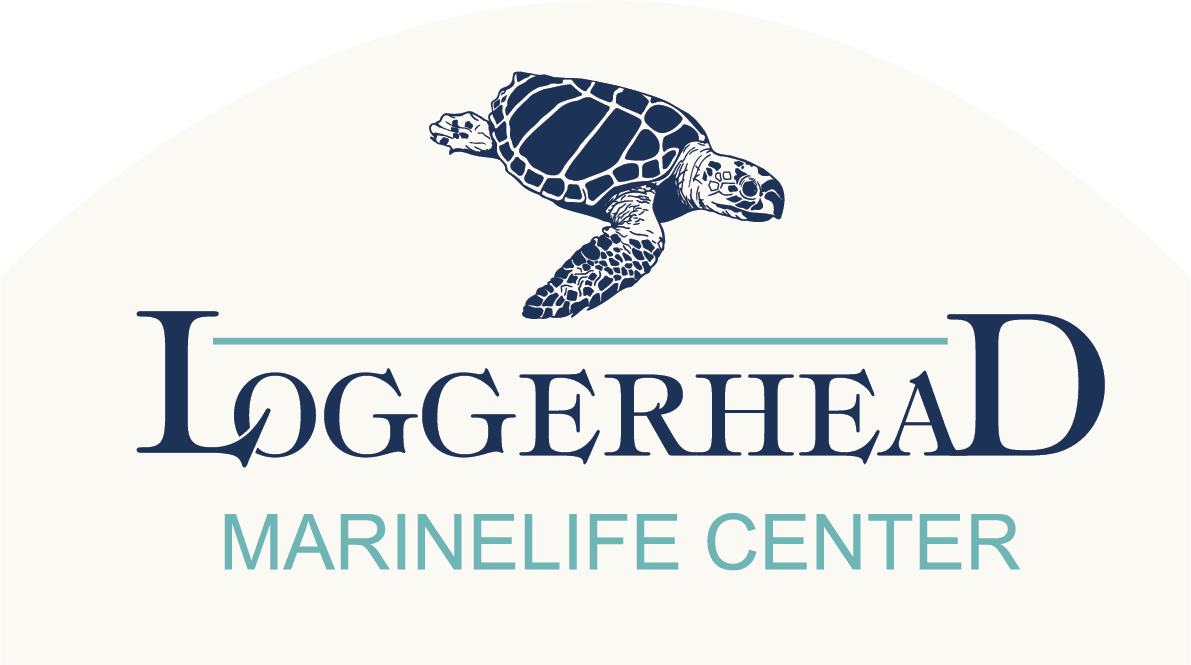 Research biologists from the Research Laboratory at Loggerhead Marinelife Center recently published a scientific study on how contaminants such as mercury and natural toxins from red tide algal blooms affect sea turtles’ health.
Research biologists from the Research Laboratory at Loggerhead Marinelife Center recently published a scientific study on how contaminants such as mercury and natural toxins from red tide algal blooms affect sea turtles’ health.
In 2014, Dr. Justin Perrault, the Center’s associate director of research, began studying the toxins’ effects on Kemp’s ridley and green sea turtles in Big Bend, Florida. Although very few studies on the toxins’ effects on sea turtles have been conducted, it’s more common to see algal blooms in that area, making it a prime spot to research the toxins.
During the study, LMC’s research biologists and colleagues from other laboratories collected blood samples and examined otherwise healthy turtles to see if they showed signs of fibropapillomatosis (FP), a tumor disease that affects green sea turtles. Then, they examined health parameters in plasma, and found that brevetoxins from red tide potentially contributed to inflammation, increased tumor growth and decreased body condition in Kemp’s ridleys and greens.
“These contaminants can potentially impact disease development and negatively impact the immune function and survival of these endangered marine turtles,” said Dr. Perrault. “We hope to continue learning about how these toxins affect sea turtles in an effort to better understand treatment options for animals that strand as a result of red tide.”
This is the first study to reveal that brevetoxin exposure may promote FP tumor growth in green sea turtles.
The peer-reviewed paper is published in the Science of the Total Environment journal and can be accessed over the next 50 days for free. For more information visit authors.elsevier.com.
For more information on LMC’s research projects, visit marinelife.org/research.
